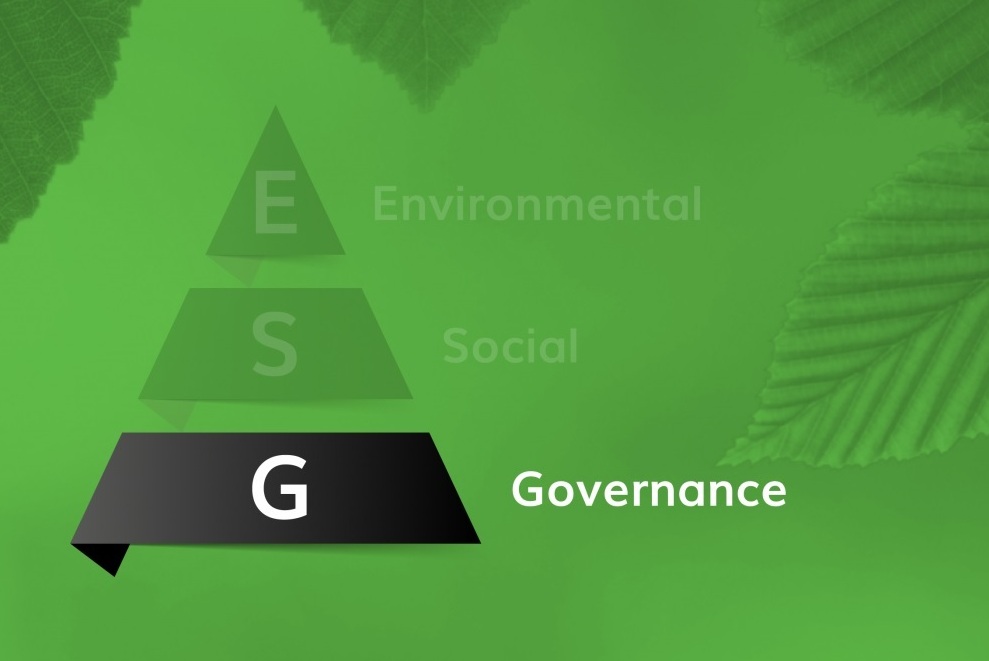In the ever-changing landscape of finance, ESG or Environmental, Social, and Governance factors have emerged as the new measures to evaluate an organisation’s investment potential. However, ESG investing goes beyond just financial considerations and focuses on an organisation’s commitment to sustainability and social impact.
If you are not yet acquainted with ESG and the framework it represents, here are 10 frequently asked questions answered right here:
1. What is ESG investing?
Answer: ESGstands for Environmental, Social, and Governance, which are metrics that have been defined largely in order to analyse an organisation’s commitment to sustainability. ESG investing is an approach to investing that considers these factors alongside financial factors that impact a company. The aim of ESG is to havea positive long-term impact on the company as well as the environment while trying to limit a compromise on its financial returns.
ESG reporting involves investors using the same set of benchmarks mentioned above to assess a company’s performance for potential investments.
2. What are the different criteria under the ESG framework?
Answer: There are three overarching criteria in ESG:Environmental, Social, and Governance. Here’s what each of them includes:
- Environmental Factors: The environment criteria measure how an organisation affects the environment by tracking its carbon emissions, energy efficiency, waste management, and how makes optimum utilisation of its resources.
- Social Factors: The social criteria evaluatean organisation’s relationship with its employees, customers, suppliers, and the community as a whole. This involves many factors such as fair labour practices, Diversity, Equity and Inclusion (DE&I), and how itimpacts human rights and engages with the community.
- Governance Factors: The governance factors involve assessing the quality and effectiveness of a company’s leadership, the structure of its management, how it handles transparency and anti-corruption policies, and whether or not it adheres to ethical standards and to what extent. It also includes but is not limited to issues such as compensation of its executive members and diversity in the board of directors.
3. How does ESG investing impact financial performance?
Answer: By considering ESG factors, investors can potentially identify companies that are better positioned to manage risks and seize opportunities in a rapidly changing world. Here’s how ESG investing can impact the financial performance of a company in the long run:
- Risk Management:While prioritising ESG factors, many companies are essentiallymanaging the risk that may face from lawsuits, regulatory fines, and damage to theirreputation.
- Cost Reduction:By adopting sustainable practices including utilising resources efficiently, reducing waste, and conserving energy companies can reduce their costs.
- Brand Value: Positive ESG performance can enhance a company’s reputation and brand value. This can translate into higher revenues over time.
- Attract more Investors: Companies with strong ESG credentials may attract a broader pool of investors, including socially responsible funds and institutional investors.
- Drives Innovation:Companies that innovate in response to environmental and social challenges may capture new market opportunities and gain a competitive advantage, which mayresult in better financial performance.
4. What are some challenges associated with ESG investing?
Answer: While it was introduced more than a decade ago, ESG investing is still in its nascent phase and has its share of challenges. Here are some:
- Lack of quality data: There is a lack of availability of quality data as ESG metrics are difficult to quantify. This makes it difficult for investors to assess a company’s ESG performance.
- Greenwashing:When a company misrepresentsits ESG initiatives to appear more socially and environmentally responsible than they actually are, it is called greenwashing. This makes it difficult for investors to distinguish genuine ESG performers from those who may be engaging in scrupulous activities.
- Long-Term vs. Short-Term Focus: ESG investing often requires a long-term perspective, as the impact of environmental and social factors may take time to materialise, while the financial markets are often driven by short-term profits.
- Cost and Resource Restrictions:Any company that wants to implement an ESG mechanism, needs dedicated resources with expertise in the subject, which can be costly for many places including start-ups.
5. What is an ESG score and who provides it?
Answer: An ESG score is a rating or numerical assessment that evaluates a company’s ESG performance. It provides investors, stakeholders, and other interested parties with a measure of how well a company is doing in terms of its ESG practices. ESG scores are typically provided by specialized research firms, data providers, and rating agencies. Some well-known providers of ESG scores includeMSCI (Morgan Stanley Capital International), Dow Jones Sustainability Index (DJSI), CRISIL, CDP (Carbon Disclosure Project), Sustainalytics, Statista, Bloomberg, Institutional Shareholder Services (ISS), etc.
6. Is ESG investing only for socially conscious investors?
Answer: No, ESG investing can be attractive to a wide range of investors, including institutional investors, asset managers, and even individual investors. While these days many investors prioritise ESG investing for ethical reasons, there are many others who see it as a way to way to mitigate risks from environmental changes and enhance their long-term returns.
7. How do companies report their ESG activities and performance?
Answer: Companies report their ESG activities and performance through various channels. Some of them are:
- Annual Reports: Many companies include sections about ESG in their annual reports, where they mention their ESG strategies, goals, achievements, and even challenges in some cases.
- Sustainability Reports: Some companies publish standalone sustainability reports that offer detailed information about their ESG initiatives.
- Corporate Websites: Many companies maintain dedicated sections on their websites where they share information about their ESG policies, programs, achievements, and challenges.
- ESG Platforms:Some companies even disclose their ESG performance data through third-party ESG databases and platforms such as MSCI, Sustainalytics, Bloomberg ESG, or the Carbon Disclosure Project (CDP).
8. What is the difference between ESG and CSR?
Answers: While the terms overlap, CSR is not the same as ESG. CSR involves voluntary efforts such as philanthropy and community engagement, while ESG focuses solely on environmental, social, and governance factors that are important for the sustainability of a business, especially from the perspective of making investment decisions. CSR initiatives are generally motivated by concerns around ethics and the environment, while ESG factors focus on business strategies, risk management practices, and investment evaluations.
9. Are there any sectors where ESG is particularly relevant?
Answer: Yes, there are several industries or sectors where ESGs are more relevant than others due to their significant impacts on the environment as well as society.The energy sector gets the most focus in ESG reporting. Technology, especially, climate tech is another sector that faces closer analyses within ESG. In the healthcare sector, companies are usually evaluated based on their environmental impact via factors like waste management, social contributions like access to healthcare services, and governance practices like privacy of patient data as well as ethical marketing.
10. What is Green Premium?
Answer: You may come across the term Green Premium within ESG investments. Green premium refers to the extra cost that companies may incur for making environmentally friendly or sustainable products and servicesor even introducing eco-friendly practices. It greatly impacts investor decisionsas it reflects the expense incurred by opting for eco-friendly options due to factors such as higher production costs, investments in renewable energy sources, or implementing environmentally friendly technologies.


















.jpg)



